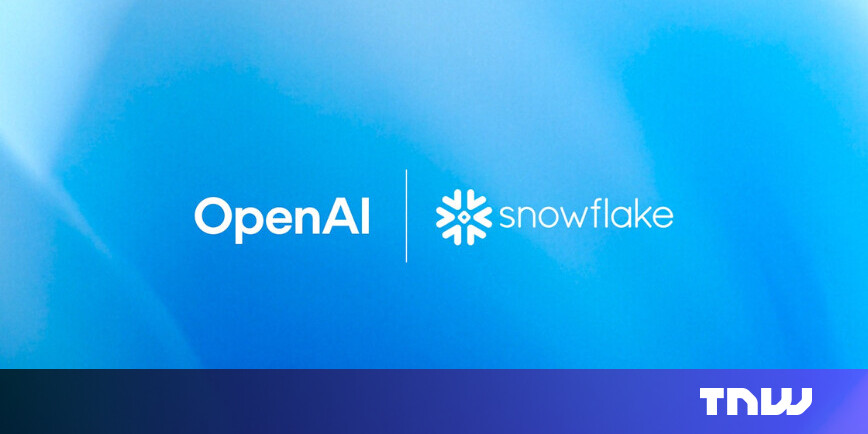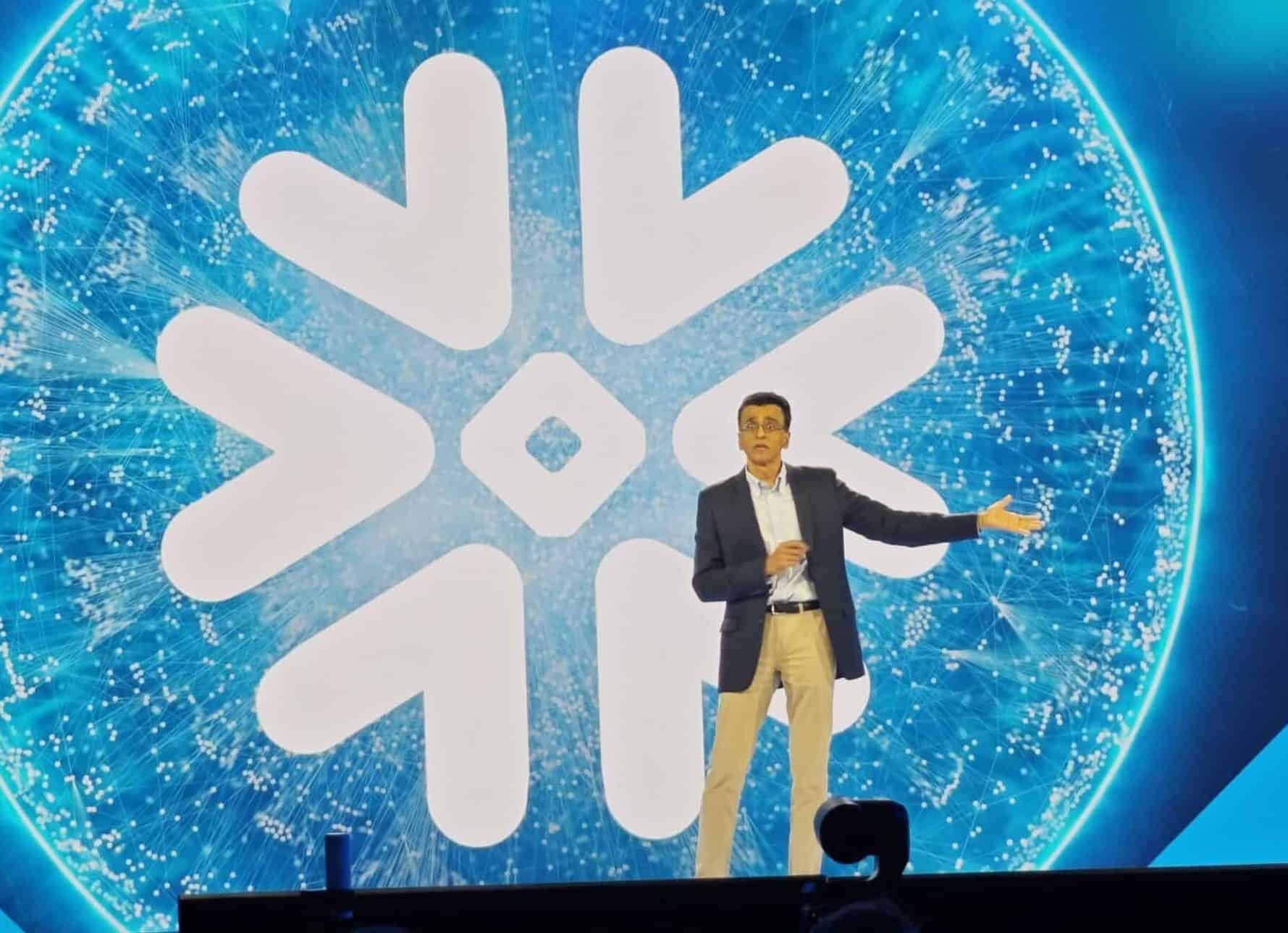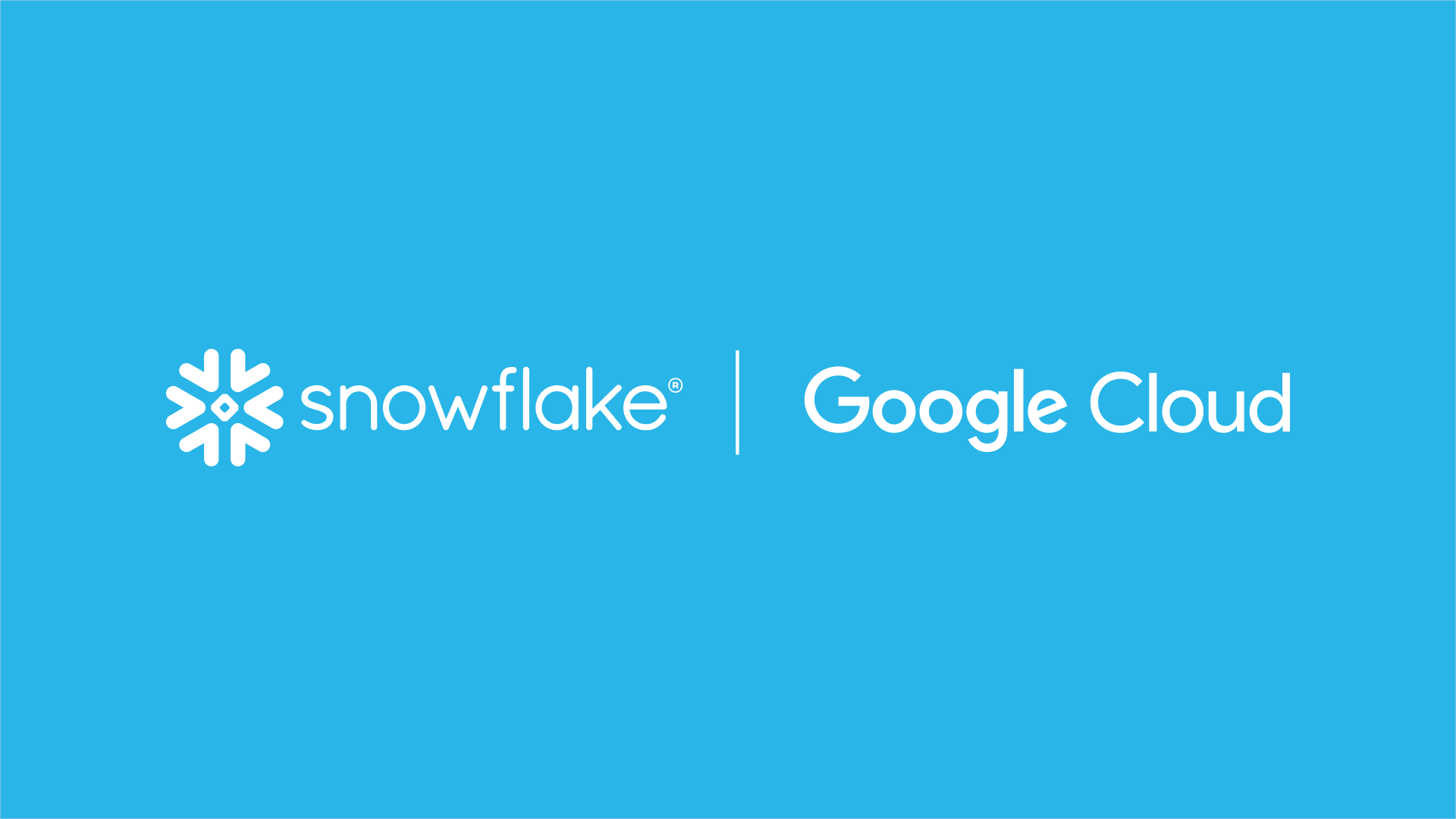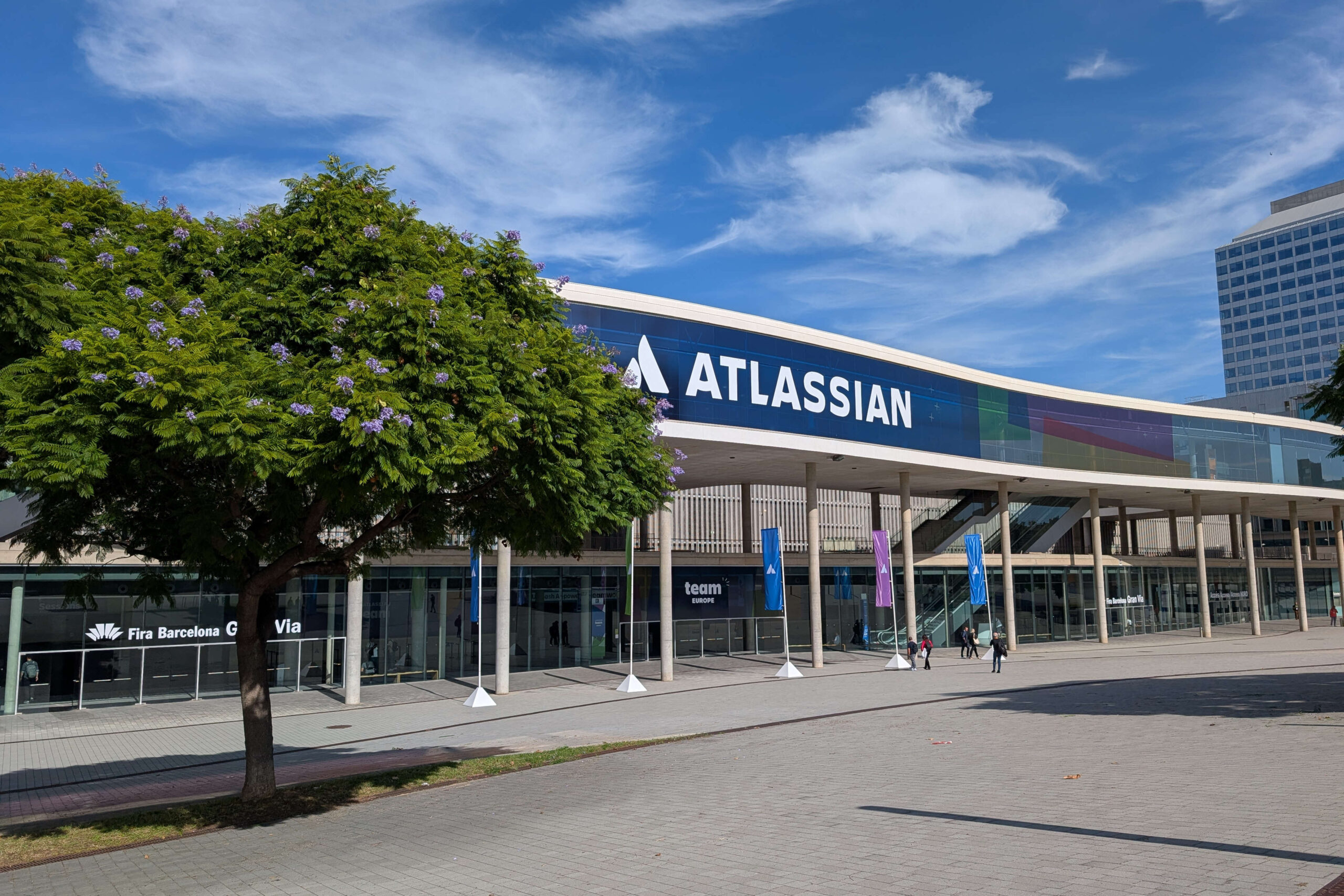fromEntrepreneur
1 day agoThis Common Invisible Barrier Is Sabotaging Your Data-Driven Decisions
AI was everywhere, but I wasn't focused on product launches. I was looking at how companies think about data itself: how it's shared, governed and ultimately turned into decisions. And across conversations with executives and sessions on security and compliance, a pattern emerged: the technical limitations that once justified locking data down have largely been solved. What remains difficult is human. Alignment, trust and confidence inside organizations are now the true barriers.
Data science






























